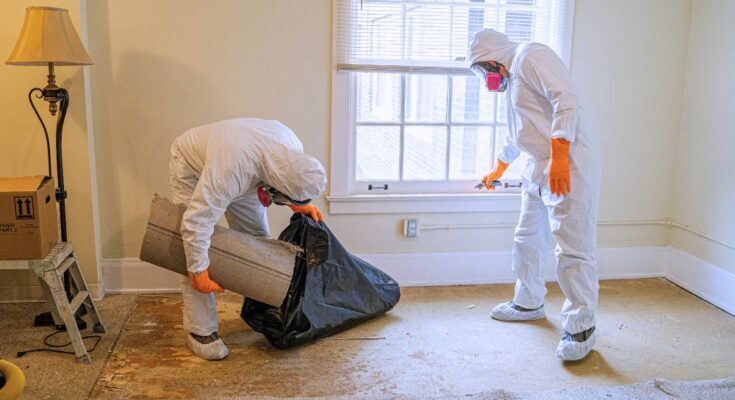Envision the captivating crime dramas portrayed on television—detectives piecing together evidence and uncovering the truth behind each criminal act. However, behind the scenes lies another vital aspect of crime-solving: The process of cleaning up a crime scene. Media doesn’t always depict the grisly aftermath, which makes the procedures and challenges of crime scene cleaning a fascinating yet lesser-known phenomenon.
Crime Scene Cleanup: A Specialized Profession
Crime scene cleaning is demanding and requires trained professionals with an extensive skill set. Certified crime scene cleaners undergo rigorous training to handle hazardous materials, clean biohazards, and operate specialized cleaning equipment. Working in tandem with law enforcement, these professionals ensure the complete removal of blood, bodily fluids, and other potentially harmful substances.
The Steps Involved in Cleaning Up a Crime Scene
Assessing and Documenting
The crime scene cleaners first evaluate the severity of the scene, take photographs of the area, and measure dimensions for report submission. They also create a cleaning plan to address specialized concerns and hazards.
Using Personal Protective Equipment (PPE)
Cleaners must wear necessary PPE, such as gloves, face masks, goggles, and bodysuits, to minimize health risks and comply with industry standards.
Disposing of Biohazardous Materials
They must now safely remove soiled items and contaminated debris. Crime scene cleaners place these materials in biohazard bags and transport them to authorized disposal facilities.
Cleaning and Decontaminating Surfaces
Professionals use specialized cleaning agents and tools to eliminate all traces of biological materials. This step is crucial to prevent infection and disease transmission within the area.
Deodorizing and Restoration
After cleaning, expert teams eliminate lingering odors and restore the scene to its original state. In some cases, this may involve minor renovations or repainting walls.
One of the common misconceptions about crime scene cleaning is that it’s the responsibility of law enforcement. In reality, the police don’t perform these duties. Once an investigation concludes, it’s up to the property owner to employ a professional crime scene cleanup service.
How Crime Scene Cleaning Benefits Public Health
Cleaning up a crime scene is imperative to preserve public health and safety. The quick and professional removal of hazardous materials averts the spread of infectious diseases and bacteria. Proper disposal minimizes environmental impact and ensures that no remnants remain.
The process of cleaning up a crime scene is a critical yet often overlooked aspect of crime-solving. Trained professionals meticulously handle the gruesome reality left behind, restoring the space to a safe and habitable condition. Recognizing the significance of crime scene cleaning and its impact on public health and community safety is crucial.



